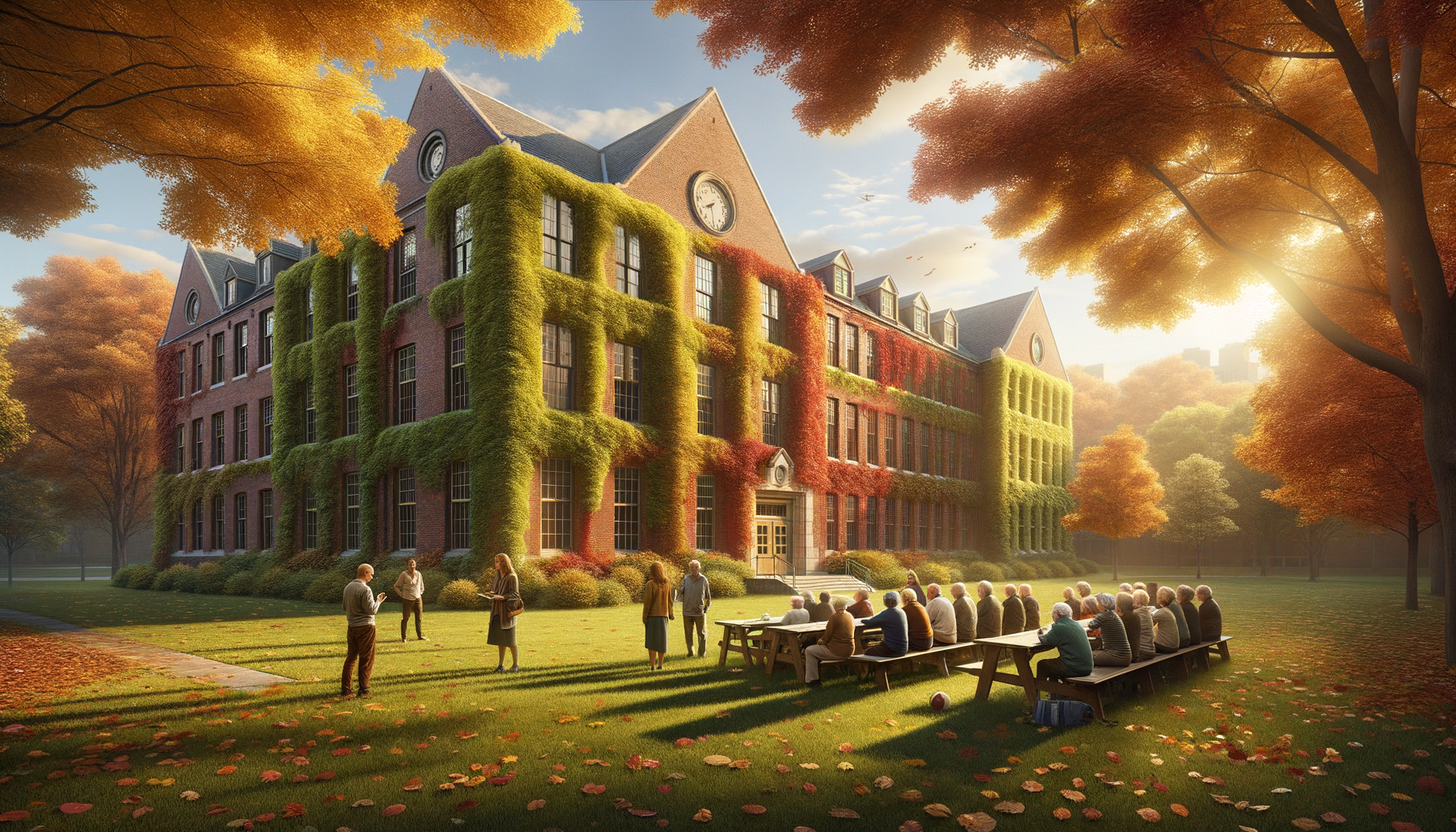
Community College Programs for Seniors: A Pathway to Lifelong Learning
Introduction to Lifelong Learning for Seniors
In an ever-evolving world, the concept of lifelong learning has gained significant traction, particularly among seniors. Community colleges offer a unique opportunity for older adults to engage in educational pursuits, fostering personal growth and social engagement. These programs are designed to accommodate the diverse interests and learning paces of seniors, making education accessible and enjoyable. The importance of these programs cannot be overstated, as they provide seniors with the tools to remain active, both mentally and socially, while contributing to their communities in meaningful ways.
Benefits of Community College Programs for Seniors
Community college programs for seniors offer a multitude of benefits that extend beyond the confines of academic learning. Firstly, these programs provide a platform for social interaction, helping to combat loneliness and isolation often experienced by older adults. Engaging with peers in a learning environment fosters a sense of community and belonging.
Additionally, continuing education promotes mental agility. Studies have shown that learning new skills can help maintain cognitive function, delaying the onset of age-related cognitive decline. Seniors can choose from a variety of courses, ranging from technology and arts to history and foreign languages, allowing them to explore new interests or deepen existing passions.
Furthermore, community college programs can lead to personal fulfillment. The sense of achievement gained from acquiring new knowledge or mastering a skill can significantly enhance self-esteem and overall well-being. These programs also offer flexible schedules and affordable tuition, making them accessible to seniors from various backgrounds.
Popular Courses and Programs for Seniors
Community colleges curate a diverse array of courses tailored to the interests and needs of senior learners. Popular programs often include technology courses, which are particularly beneficial as seniors navigate the increasingly digital world. Learning how to use computers, smartphones, and the internet can open new avenues for communication and entertainment.
Art and creative writing classes provide seniors with an outlet for self-expression and creativity, while history and cultural studies courses offer insights into different eras and societies, enhancing cultural appreciation and critical thinking skills.
Health and wellness courses are also in high demand, focusing on nutrition, exercise, and stress management, empowering seniors to maintain a healthy lifestyle. Foreign language classes offer cognitive benefits and the joy of exploring new cultures, proving that it’s never too late to start learning a new language.
How to Enroll and What to Expect
Enrolling in a community college program as a senior is a straightforward process. Most colleges offer online registration options, while in-person assistance is also available for those who prefer a more traditional approach. Prospective students can access course catalogs online, providing detailed information about available programs, schedules, and costs.
Once enrolled, seniors can expect a supportive and inclusive learning environment. Instructors are often aware of the unique needs of older learners and tailor their teaching methods accordingly. Classes typically emphasize interactive and hands-on learning experiences, encouraging active participation.
Additionally, many community colleges offer supplementary services such as academic advising, tutoring, and career counseling, ensuring that seniors receive the necessary support to succeed in their educational endeavors.
Conclusion: Embracing Lifelong Learning
Community college programs for seniors represent a valuable resource for those seeking to enrich their lives through education. By embracing lifelong learning, seniors can stay intellectually engaged, socially connected, and personally fulfilled. These programs not only enhance the quality of life for older adults but also contribute to vibrant, intergenerational communities. As the demand for such programs continues to grow, community colleges remain committed to providing accessible and diverse learning opportunities for seniors, ensuring that the pursuit of knowledge knows no age limits.


